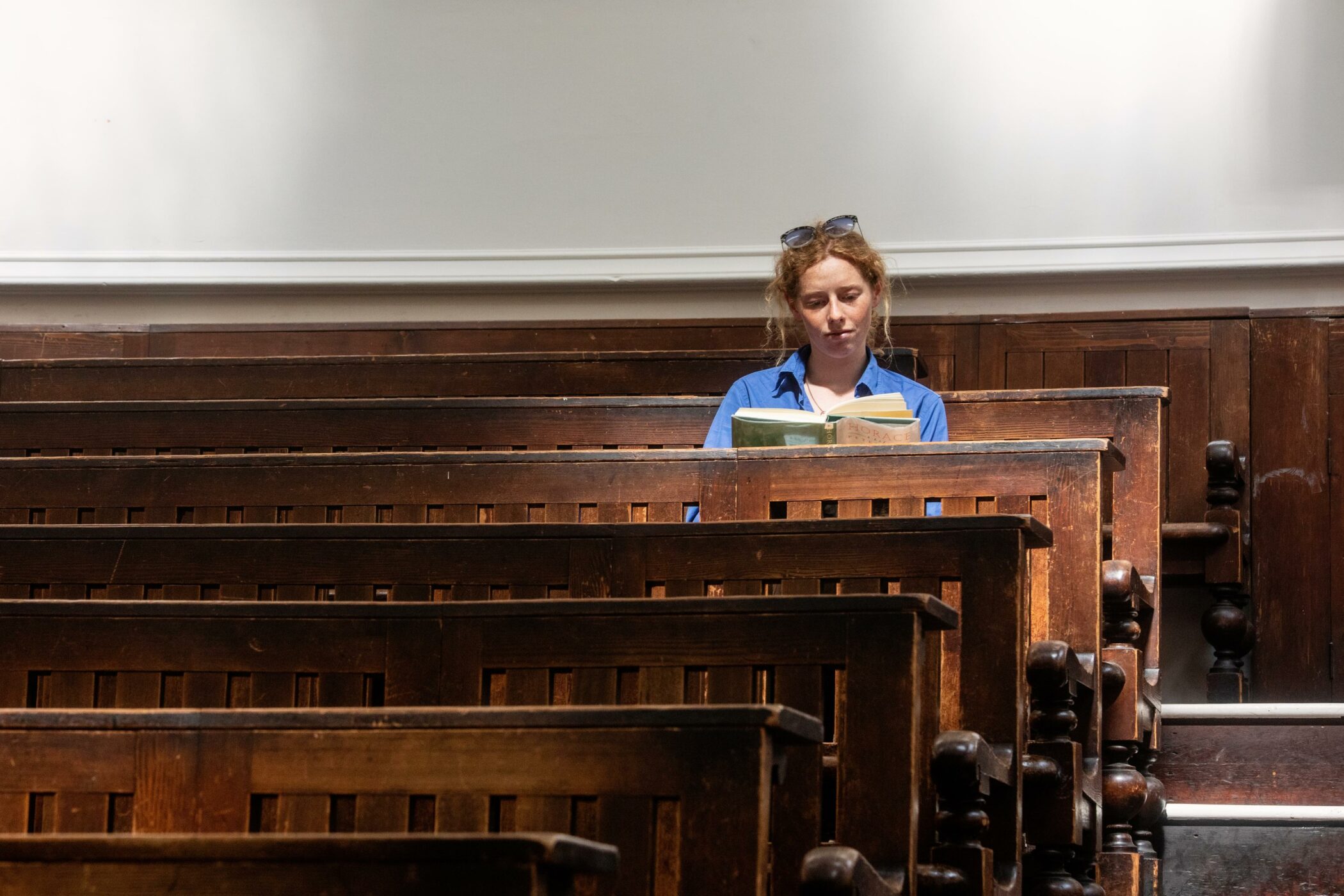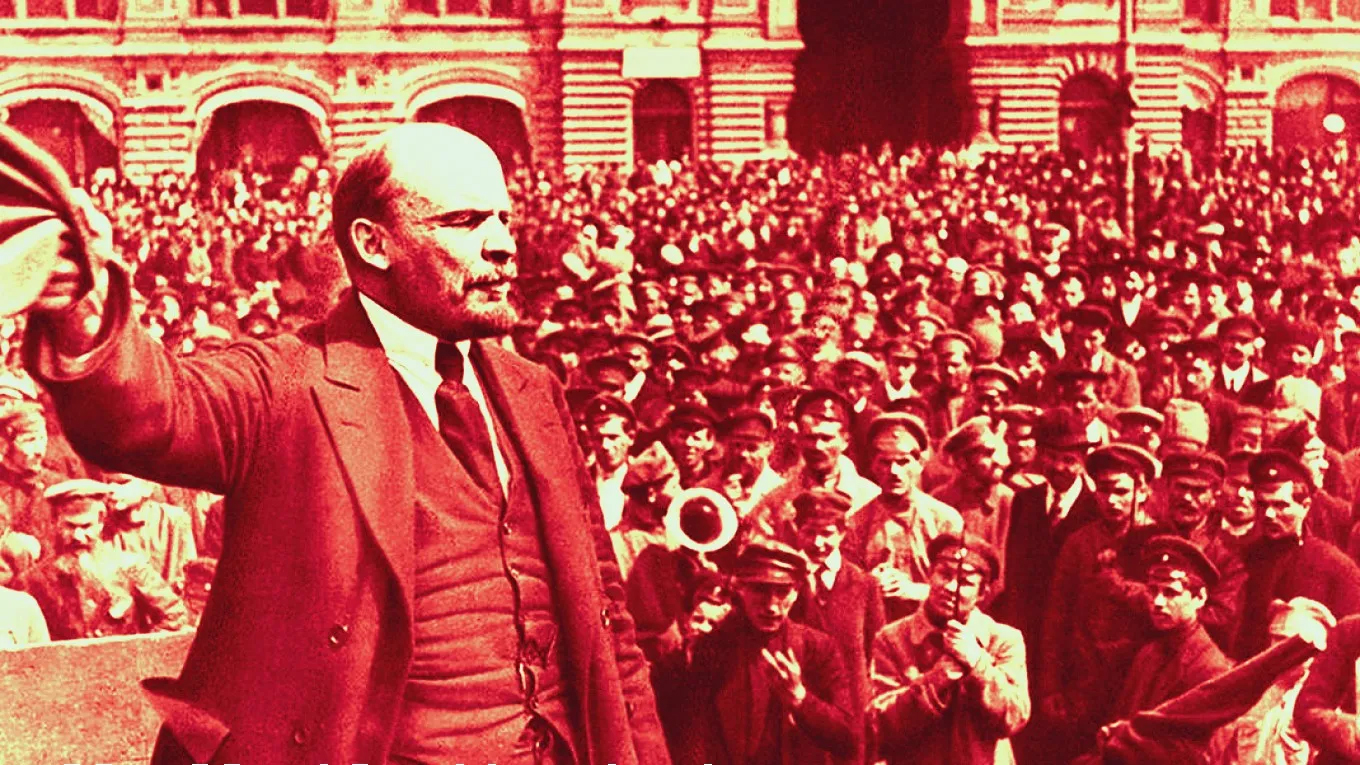Studying History at Cambridge
- UCAS Code: V100
- How many are admitted to Cambridge every year:164
- Minimum offer: A*AA
- Essential subjects: History
The Department of History at the University of Cambridge is one of the largest and most renowned History departments in the world. You will be taught by academics who are active researchers. They publish books and scholarly articles, and write and speak regularly for the wider public and media. We also have access to excellent facilities including a variety of museums providing access to a wide range of sources.
What can I do with a degree in History?
The most popular three employment areas that Cambridge History graduates joined in recent years have been the law, as both barristers and solicitors, followed by teaching and then public service (especially the Civil Service). The history course will equip you with a range of useful transferable skills including the ability to evaluate evidence, present arguments clearly and work independently. Cambridge History graduates go on to work in a variety of sectors including journalism, broadcasting, teaching, research, finance, law, consultancy and public administration.
For more information, please visit the University Careers Service website.

Studying History at St Edmund’s College
Every year St Edmund’s admits a group of undergraduate students to the History, History and Politics, and History and Modern Languages degree programmes. We are also home to postgraduates studying for MPhils and PhDs in History and related subjects. Our Director of Studies can often be found in College. This means we have a thriving history community and you will have plenty of opportunities to discuss your studies in social settings around the College if you wish.
You are taught in a mix of college based small group supervisions and Faculty lectures and classes.
The college offers several spaces where you can study and work on your essays including the Paul Luzio Library building, the Norfolk library, study desks in the Mount Pleasant Halls Common room, the comfortable couches of the CR, in Edspresso, our café, or the benches in our lovely apple orchards!
We also have six study rooms (2 in the Luzio building, 2 in Norfolk building, and 1 in Mount Pleasant Halls), where college supervisions typically take place, and which can also be booked by students for their private study time or group projects.
Our college also has an extremely supportive Welfare and Wellbeing Department, which is happy to lend an ear and provide support should a student feel anxious or overwhelmed with the academic year.
How to Apply
Applications for all courses are made through UCAS. You must apply by 15 October 2025 to be considered for entry in October 2026.
Requirements
Written work
Admissions Assessment
Interviews
Deferred entry
Affiliated students
What is a typical Term’s work?
Weekly one-hour supervisions taught in Colleges are the focal point of the academic week, providing personal supervision and the opportunity to debate with and learn from senior historians. They are usually taught one-on-one or in small groups. You will write essays or prepare other materials for these sessions, in which you will receive constructive feedback on your work and further guidance.
Alongside preparing for your weekly supervision, which remains the centrepiece of the Cambridge experience, you will attend a number of lectures each week. These are designed to give you clear introductions to historical events and processes, change over time, and historians’ changing interpretations of the past. Parts of the course are also taught through seminars where group discussion, small group work and presentations are encouraged.
People
- Dr Oliver Coates, Director of Studies
- Dr Simon Mitton, Life Fellow at St Edmund’s College and College Fellow, Department History and Philosophy of Science
- Dr John F Mueller, Bye-Fellow


